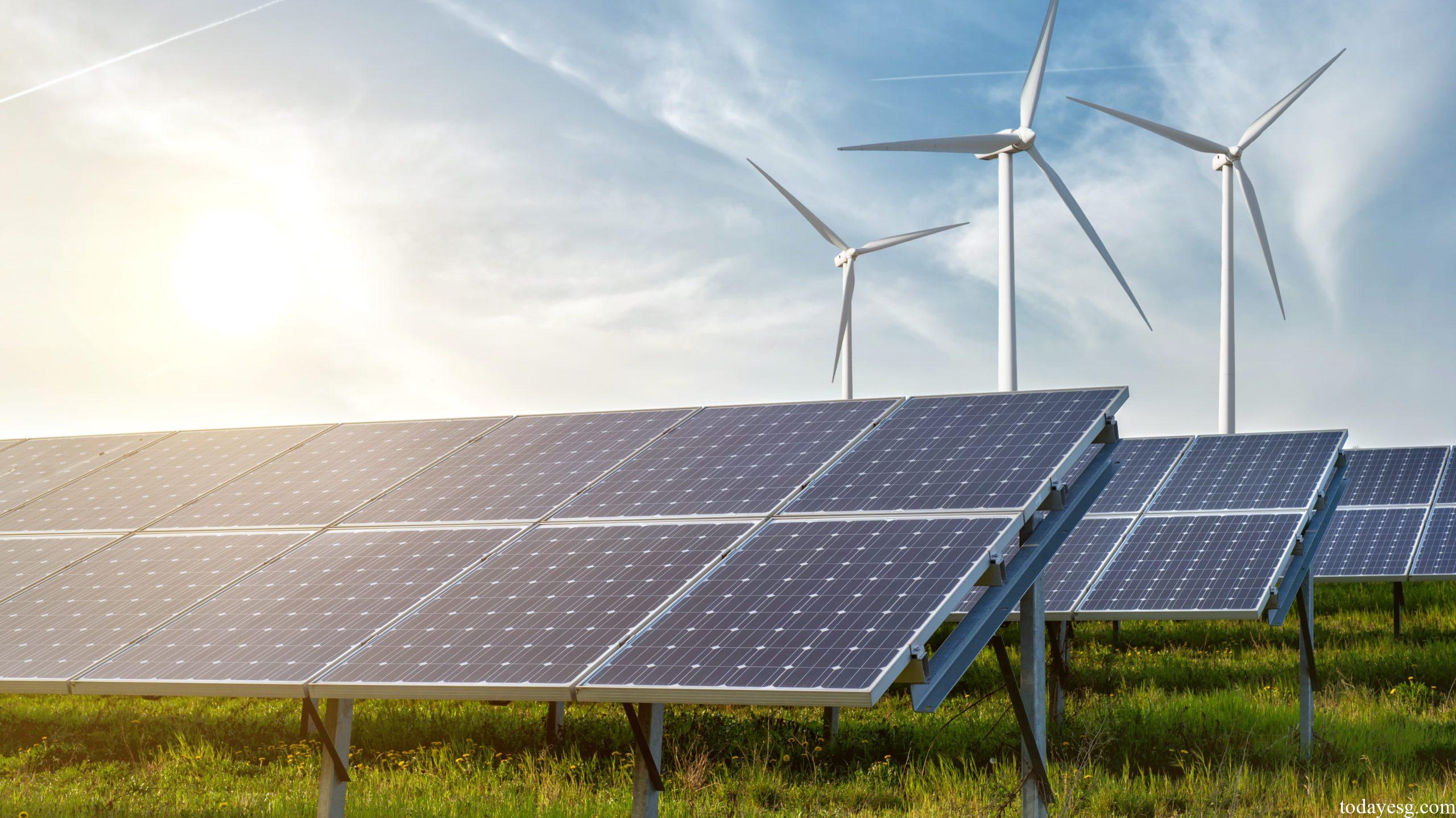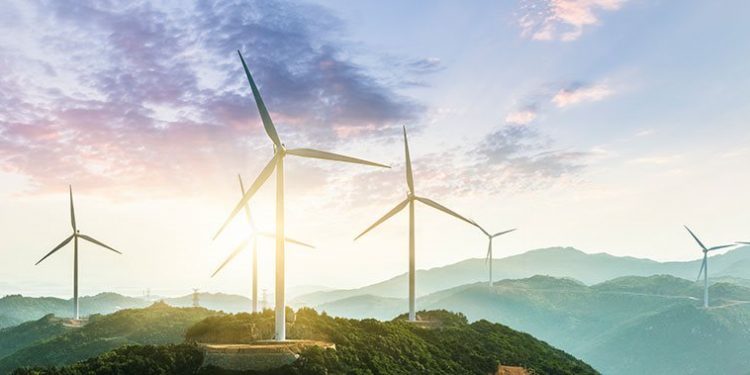Emerging Market Clean Energy Report
The International Energy Agency (IEA) releases the emerging market clean energy report, aiming to provide emerging markets with measures to develop clean energy.
The IEA believes that in order to achieve net zero emissions by 2050, emerging market economies need to increase their investment from $770 billion per year to $2.2 to $2.8 trillion per year. These investments are led by the government on the one hand, and on the other hand, private capital needs to be encouraged to intervene.
Current Status of Clean Energy Development
Currently, emerging market economies invest $770 billion annually in clean energy, but it is mainly concentrated in a few large economies. The investment volume of China, India, and Brazil accounts for more than three-quarters of the total investment scale. Half of clean energy investment in emerging markets still comes from public expenditure, and in developed economies, the proportion of public expenditure is already less than 20%.
The IEA predicts that private capital investment in the clean energy sector will reach $0.9 to $1.1 trillion annually by 2030, compared to only $135 billion currently. IEA suggests that emerging markets introduce more clean energy projects to meet investors’ risk and return expectations.

How to Strengthen Clean Energy Transition
The IEA proposes the following recommendations for the development of clean energy in emerging markets:
- Increase preferential capital investment. Preferential funds can help private capital intervene in clean energy projects and improve credit quality. It is expected that the use of preferential funds will reach $80 to $100 billion annually by 2030.
- Increase green financing tools. Green tools such as green bond, sustainable linked loans and voluntary carbon markets can support clean energy projects. The global investment scale related to ESG has exceeded $2.5 trillion, but it is still concentrated in developed economies. The design of green financing tools, as well as the introduction of third-party supervision and international regulatory standards, can attract more international investors.
- Improve the financial system. Emerging market economies need to develop bond, stock, and derivative markets to provide assistance in financing climate projects. For example, when international investors earn income from projects in local currency, they may face foreign exchange risk. A mature derivatives market can reduce this risk.
Related Post: WEF Releases Voluntary Carbon Market Report
Reference:
Scaling Up Private Finance for Clean Energy in Emerging and Developing Economies








